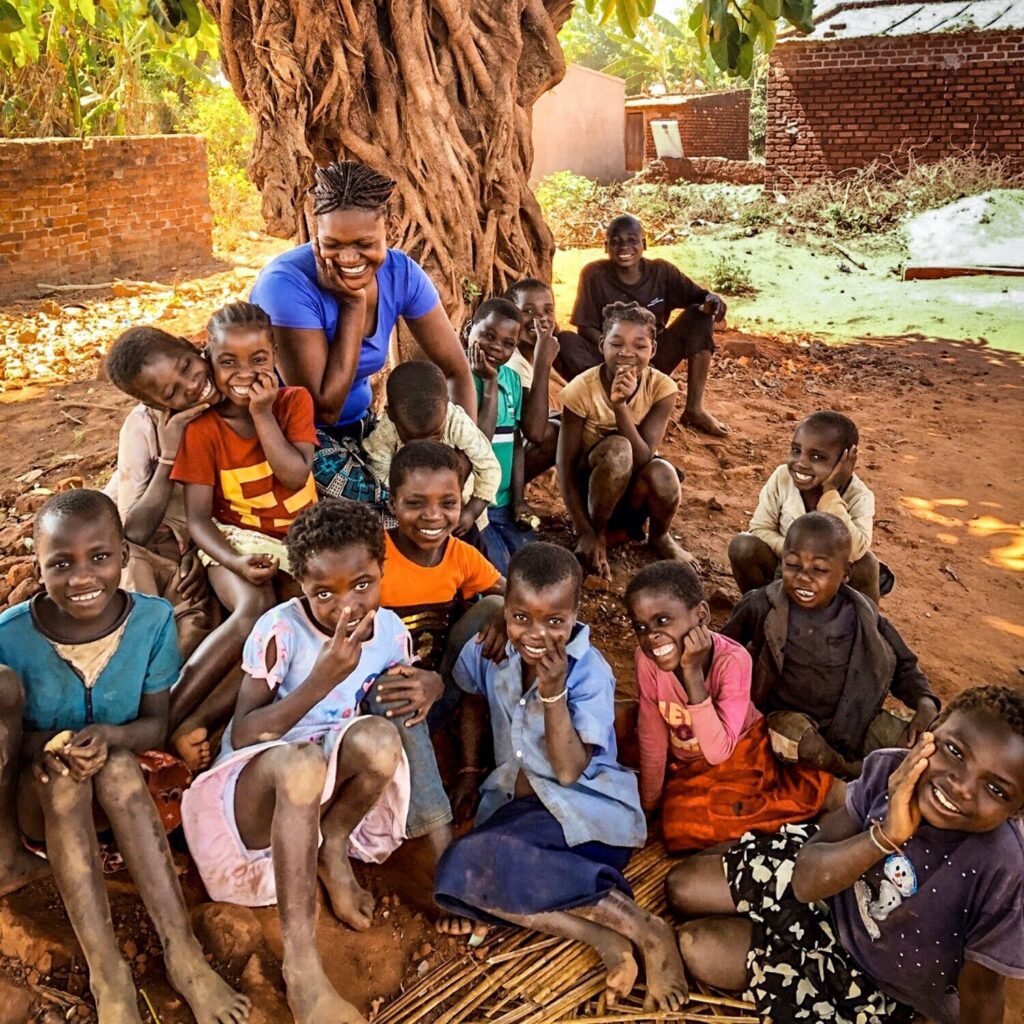
Community Centered-Participatory Action Research (PAR)
At PARPACA, we believe lasting transformation happens when communities are not just heard but actively involved in shaping their own futures. Our Community-Centered Participatory Action Research (PAR) service empowers grassroots voices to generate evidence, drive local action, and influence policy.
This service is designed for civil society organizations, local governments, development partners, and grassroots movements that value authentic engagement, inclusive research methods, and sustainable results.
We conduct community-based research with local communities and marginalized groups to identify the issues that affect them most. Using a collaborative approach, we actively involve community members in defining problems, collecting and analyzing data, and shaping solutions. By ensuring their voices and experiences are central to the research process, we co-create strategies that drive meaningful social change.
What Is Participatory Action Research (PAR)?
Participatory Action Research (PAR) is an inclusive, collaborative approach that actively involves those most affected by an issue in every stage of the research process — from defining the problem to collecting data and designing solutions.
Unlike traditional research, PAR transforms the dynamic from “researching about communities” to “researching with communities.” It creates a space where local knowledge, lived experiences, and academic inquiry converge to generate practical solutions and drive meaningful change.
Why Choose Community-Centered PAR?
✅ Community-Led: Communities set the agenda, choose research tools, and validate findings.
✅ Evidence-Based Solutions: Projects produce locally grounded data that informs decision-making at every entry level.
✅ Empowerment Through Knowledge: Participants gain research, analysis, and advocacy skills.
✅ Policy Influence: Findings directly support advocacy strategies, funding proposals, and local policy reforms.
✅ Sustainability: Active community involvement ensures outcomes are maintained over the long term.
Our Process: How It Works
1. Engaging Communities in Dialogue
We collaborate with community leaders, grassroots organizations, and key stakeholders to surface the issues that matter most. Together, we define shared research goals that reflect local priorities.
2. Co-Creating Research Tools
Our researchers partner with community members to design surveys, focus group guides, and participatory mapping exercises—tools that are meaningful, relevant, and culturally grounded.
3. Empowering Community-Led Data Collection
Local facilitators are trained to lead the research process, ensuring that data is gathered ethically, respectfully, and in a way that honors community knowledge and perspectives.
4. Joint Analysis and Reflection
Research findings are interpreted collaboratively with community members to ensure accuracy, foster ownership, and generate deeper insights.
5. Action Planning
The process culminates in the creation of community-driven action plans or policy recommendations that reflect local priorities and solutions.
6. Advocacy and Dissemination
Findings are shared widely with decision-makers, media, and other communities to amplify voices, raise awareness, and influence policy change.
What Makes PARPACA Different?

Pan-African Expertise
PARPACA brings together a unique blend of expertise and perspectives. Our team includes seasoned African and European researchers and policy advocates, combining deep cultural insight with political understanding. This enables us to: Ground research in lived realities: Local and regional expertise ensures analyses and solutions are contextually relevant. Bridge global knowledge with local action: African and European perspectives help translate international best practices into practical, community-driven strategies. Facilitate inclusive engagement: Skilled facilitators work hand-in-hand with communities, policymakers, and civil society to ensure all voices are heard. Drive actionable impact: Unlike traditional think tanks focused on reports, we prioritize solutions that can be implemented, monitored, and scaled for real-world change. In short, PARPACA is not just about studying issues—it is about shaping policies, empowering communities, and delivering sustainable impact across Africa.

Inclusive Approach
We actively empower vulnerable and marginalized groups—including women, youth, persons with disabilities, and indigenous communities among others —to participate in shaping decisions that affect their lives.

Integrity and Transparency
We adhere to the highest ethical standards and ensure that findings are transparently shared with all stakeholders, particularly the communities involved.

Sustainable Partnerships
Our work doesn’t stop at publication; we cultivate long-term relationships with communities to ensure lasting impact
Join the Movement
Policy change doesn’t happen in a vacuum. It requires bold ideas, credible evidence, and united voices. At PARPACA, we invite collaboration — with policymakers, researchers, donors, and grassroots advocates alike — to turn insights into impact.



